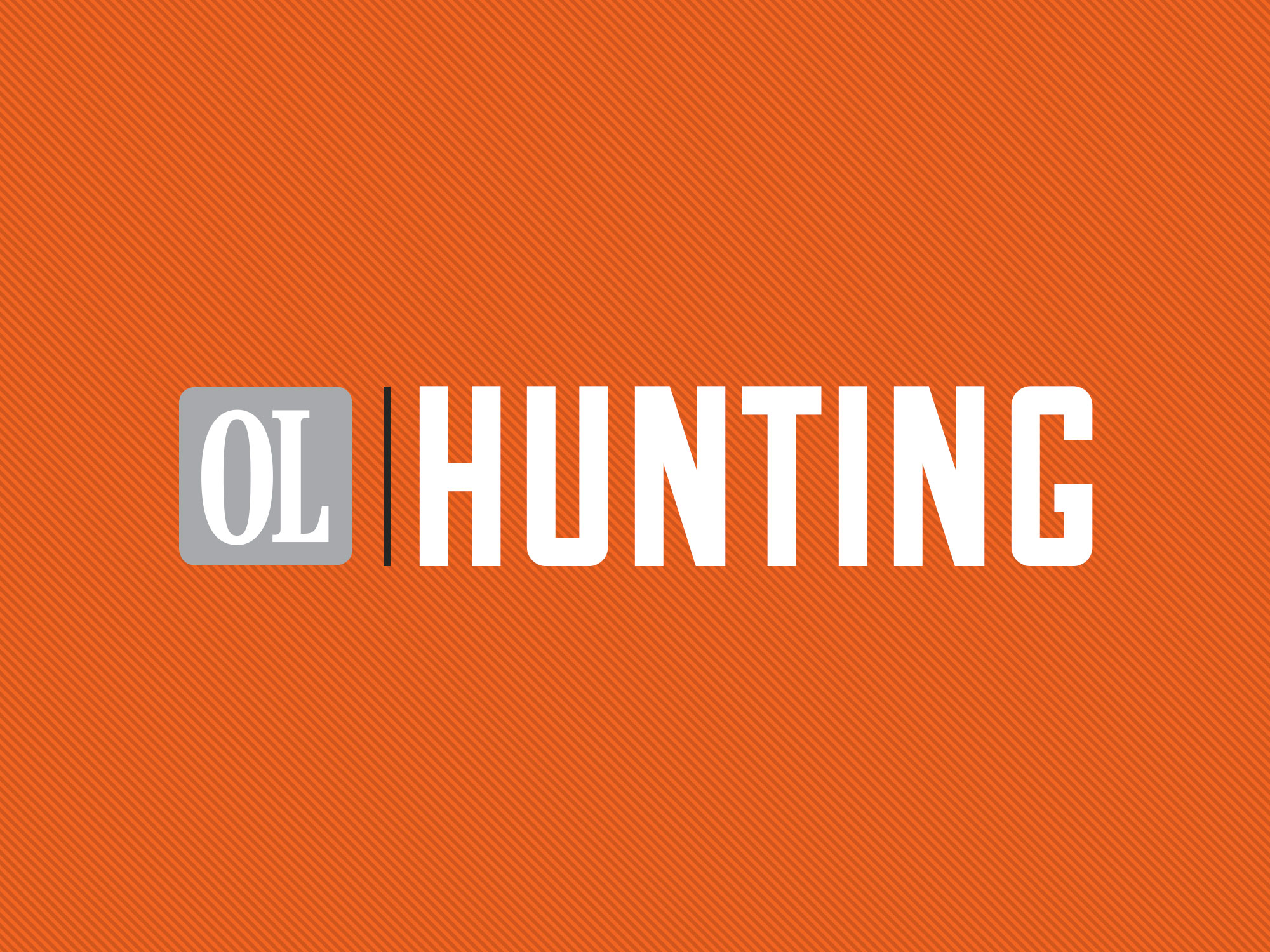Freshman Senator Martin Heinrich (D-NM) is about to introduce Hunt Unrestricted on National Treasures (HUNT) Act. Again. He brought this thoughtful access legislation to the last Congress when he was a member of the House of Representatives. Heinrich is now a Senator, and one of the most passionate hunters and public-land users in Washington.
In a nutshell, the HUNT Act requires federal land managers to inventory property in their domain and work to create free, public access to land that’s currently surrounded by inaccessible private land.
It’s a helluva good bill for hunters and anglers as well as any person who wants to be able to access our public lands. There’s no hidden agenda or political gamesmanship here. It’s a good, clean bill, something we rarely see in Congress these days. The bill has garnered the support of the Backcountry Hunters & Anglers, Theodore Roosevelt Conservation Partnership, Trout Unlimited, the New Mexico Wildlife Federation, and a few other well-respected organizations. I’m hopeful that list will grow exponentially.
There’s a lot of landlocked public land in the United States. A 1992 survey found over 50 million acres of public land that was legally inaccessible to the people who own it. That was 21 years ago. I have yet to find a current survey of what is landlocked, and what is not. That’s part of the beauty of Heinrich’s bill: It directs the departments of Interior and Agriculture to survey their lands and within 180 days, post their results for the public to see.
UNCERTAIN FUNDING
While the bill is simple and clean, the politics of funding it are a little murkier.
The HUNT ACT allocates 1.5% of the Land and Water Conservation Fund to pay private landowners for easements, rights of way, and purchasing land on a willing seller/willing buyer scenario. This model has been used effectively in several states to open up tracts of public land.
If the Land and Water Conservation Fund finally gets fully funded, that would mean $13.5 million in revenue for new access to currently inaccessible public lands. But the Land and Water Conservation Fund has been gutted and filleted by the House Interior Appropriations Committee. There is no Land and Water Conservation Fund in the House budget. The Senate has bills that would not only re-authorize LWCF, but also fund it to its intended amount.
Conservation funding has become an unfortunate casualty in the battle between political parties. Short-sighted moves to cut almost all conservation programs to the bone mean that future generations will not have the same opportunities to hunt and fish as we do today. The HUNT Act could be a great tool for not only ensuring access today, but for our children and grandchildren. But the politics have to line up in the most dysfunctional family in the nation: Congress.
BUILDING SUPPORT
Joel Webster, director of the Theodore Roosevelt Conservation Partnership’s Center for Western Lands said “Sportsmen need two things to be able to hunt and fish: access and opportunity. We appreciate Senator Heinrich’s leadership in introducing this measure and specifically addressing the very real challenge of diminished public access to our publicly owned lands and waters.”
The bill does nothing to change the way that public lands are managed through the National Environmental Policy Act (NEPA) or the travel planning process. Both those issues have been sticking points that shot down other access legislation. I hope the funding issue can be resolved, but even fiscal conservatives know that access generates revenue. Hunters and anglers across the United States have repeatedly said that access matters when it comes to their ability to pursue game. A recent report by the Congressional Sportsman’s Foundation laid out the economic impact of hunting and fishing in America: $90 billion. That ain’t chicken scratch. That’s an economic force. That force is driven by adequate access to public land and abundant public wildlife.
The fiscal model and the conservation model don’t work unless there are people out there, shooting geese and flipping frogs at bass. If the elk hunter loses access to his local mountains, there are fewer days in the field and fewer dollars for the scientific management of wildlife as less time is spent searching for a bull in the dark timber. Less trout means less clean water. Maintaining and improving access to public lands and public wildlife builds not only future hunters, but a stable, sustainable, economic engine. Bills like the HUNT Act give us the tools we need to manage sustainably.
GET INVOLVED
The Senator’s staff remains optimistic though. Whitney Potter, a spokesperson for Heinrich said “Republicans and Democrats alike enjoy hunting and fishing on our public lands, so Senator Heinrich is looking forward to working across the aisle to continue to garner support for the bill.”
We’re looking forward to that too. It’s a bill that I would hope Western lawmakers could get behind. It’s certainly a bill that everyone who hunts public land should support. Pass the HUNT Act, open up our public lands and let’s get beyond the false rhetoric and move a bill that would actually put more hunters and anglers on public land.
But Congress won’t do anything meaningful unless you tell them to. Visit Congress’ contact page to find your Senators and tell them that we need to pass the HUNT Act in order to sustain not only our outdoor way of life, but also the economic engine that relies on accessible public land.
